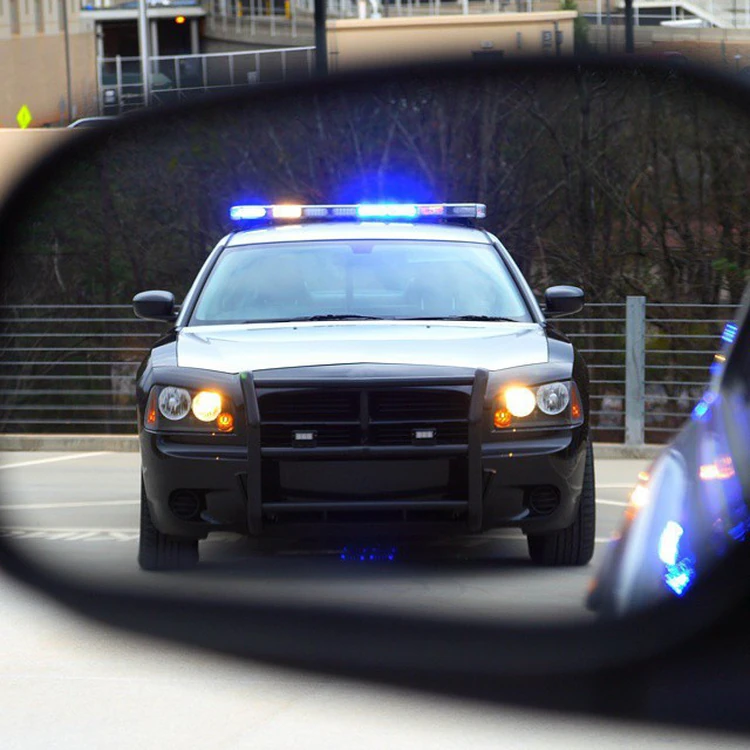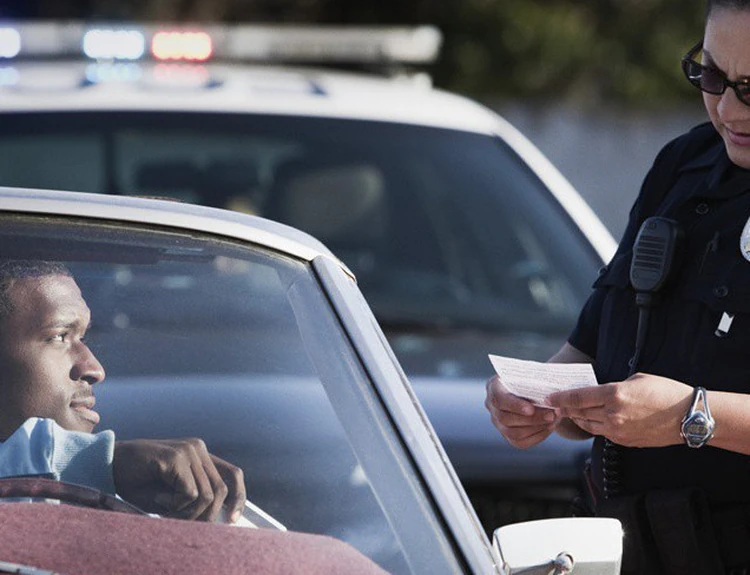Here's a couple of unpleasant facts about modern American life: one, the government is spying on you. That's not even a secret: the Drug Enforcement Administration (alongside several state-level police forces) openly admits to tracking and recording the license plates of all motorists on American highways, the better to know where you've been and who you've been there with.
Meanwhile, various other branches of government including the National Security Agency monitor (spy upon) American's electronic communications, and the current FBI director actually said it should be illegal for Americans to encrypt their own personal communications, because encryption makes it harder for the government to monitor your communications without your knowledge.
Also, America's criminal justice system operates under the de facto rule, “If a police officer says one thing and any number of non-police say something else, always assume the cop is telling the truth unless there is recorded evidence proving otherwise.”
Fortunately, cheap and ubiquitous recording technology increases the odds that innocent people will be able to prove their innocence despite police testimony to the contrary.
In 2011, to offer just one example, then-19-year-old Los Angeles resident David Gipson was arrested and charged with illegal gun possession. Arresting officer Deputy Levi Belville testified that he saw Gipson running away from police before tossing a loaded gun onto the roof of a nearby building.
Fortunately for Gipson, it turned out that a non-police witness had taken a cell phone video of the entire encounter, and the video showed that Deputy Belville was, let's say, mistaken: Gipson was standing still and leaning against a wall when officers first saw him, never had a gun and never threw anything onto a rooftop, either.
A jury acquitted Gipson of all charges, and in May 2013 he filed a civil rights suit against Belville and the city.
Getting around the problem
So cell phone videos can definitely help protect the innocent — unless the police know about them, and delete the recording. But a new smartphone app called Hands Up 4 Justice offers a way around that problem.

Hands Up is the invention of Duncan Kirkwood, a native of Montgomery, Alabama, who first came up with the idea after a police officer pulled him over last last year.
“As a black man, I am always fearful that when the police pull me over the encounter could escalate and I could be severely injured and there would be no way to prove I was not at fault,” Kirkwood said to AL.com.
He expanded upon that theme a couple days later, chatting with Fusion.net:
“You know, I’m a black man who grew up in the inner city. I know that when the police pull you over it’s probably gonna be a bad day …. I realized that I should not have to be afraid of the police. If I break a traffic law, I should get a ticket and that’s it. I shouldn’t have to be worried about getting dragged out of the vehicle, being shot, getting tased, and just having the officer’s word against mine.”
But he's American, so he does have to worry about it. And using his smartphone to record the encounter wouldn't necessarily work, because “I saw videos online of police taking people’s phones, and I even saw a video of police smashing someone’s phone.”
Uploaded to the cloud
That's why Kirkwood got the idea of creating an app to record police without their knowledge — and upload video to the Internet before they can delete it.
Here's how it works, according to the Hands Up website: first, open accounts with YouTube and/or Dropbox, for posting those videos as necessary. You should also choose a trusted friend or relative to be your emergency contact; anytime the app is activated your emergency contact will get a text message alert.
If you're pulled over by a police officer, what happens next?
Once pulled over by a police officer, turn on the app, click front facing camera and begin recording. The best position for this is to place the phone on the dashboard between the windshield and middle of dashboard with a slight tilt towards the driver's side window. By using the forward facing camera you can see that the camera is positioned correctly right before the screen goes black. …
After the app is turned on, the screen will go black within 10 seconds, even though the app is still recording and uploading video. The app costs 99 cents, and is currently available for download onto Android phones. An iPhone version of the app is expected to come out soon.
